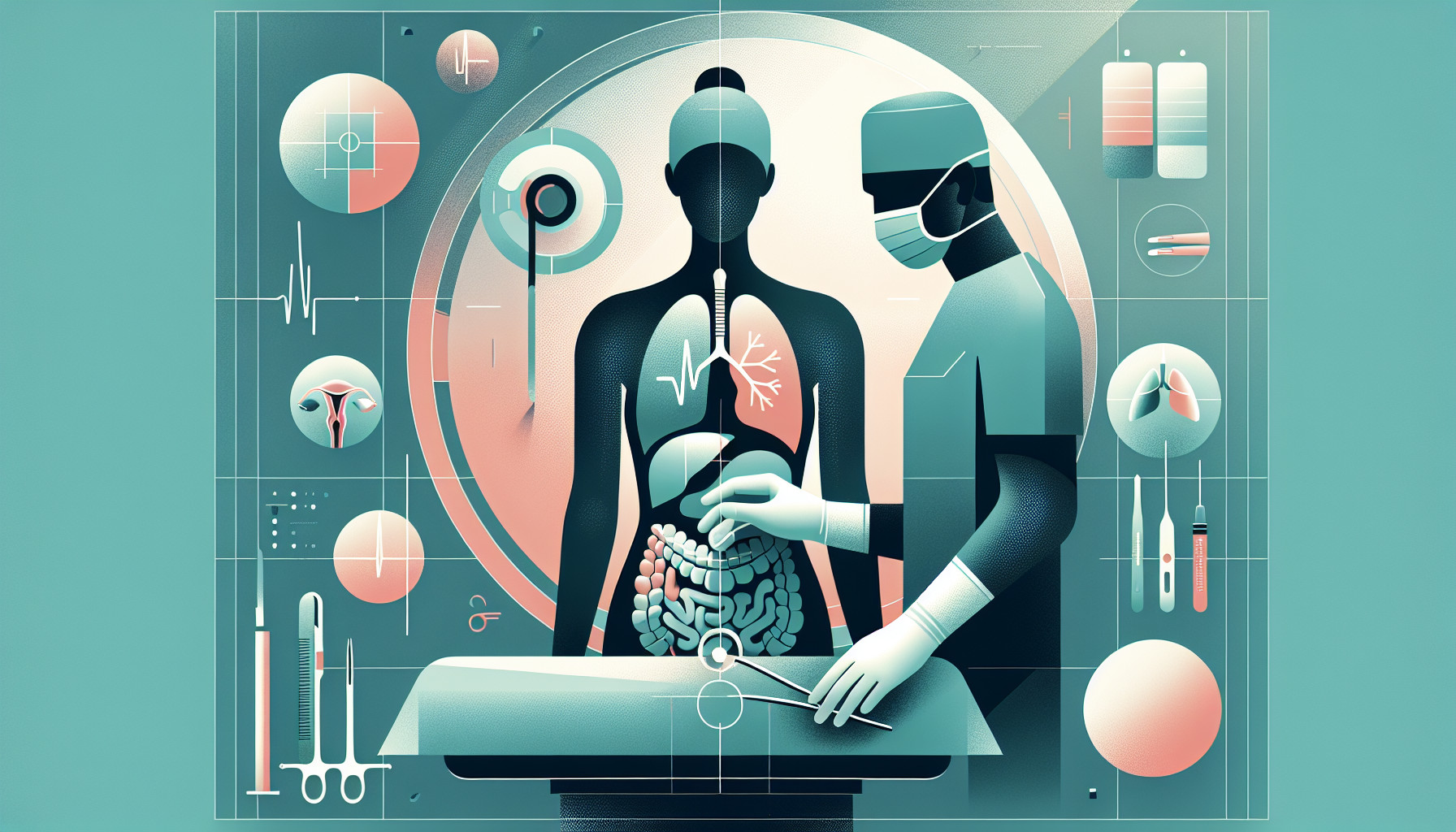Our Summary
This research paper reviews previous studies to understand the link between a grading system called the Goutallier Stage and the chances of a retear after surgery to repair a rotator cuff - a group of muscles and tendons that stabilize the shoulder. The Goutallier Stage is a way to assess the amount of fat within a muscle, which can indicate muscle damage.
By looking at 687 cases across nine studies, the researchers found that the chances of a retear after surgery increase as the Goutallier stage increases. For muscles at stages 0 to 2, the retear rates ranged from 19.1% to 35.1% and didn’t significantly differ from each other. But for muscles at stages 3 and 4, the retear rates were significantly higher, ranging from 74.1% to 100%.
So, the study concludes that the higher the Goutallier stage (i.e., the more fat present in the muscle), the higher the chances of a retear after rotator cuff surgery. This finding applies to both the supraspinatus and infraspinatus, two key muscles in the rotator cuff.
FAQs
- What is the Goutallier Stage and what does it indicate about muscle health?
- How does the Goutallier Stage affect the chances of a retear after rotator cuff surgery according to the research?
- Do the research findings apply to all muscles in the rotator cuff or specific ones?
Doctor’s Tip
Therefore, a doctor might advise a patient undergoing rotator cuff repair surgery to work on reducing the amount of fat within their muscles through exercises and a healthy diet to potentially lower the risk of a retear post-surgery. Additionally, following a proper rehabilitation program and adhering to the prescribed physical therapy exercises can also help improve the strength and stability of the shoulder joint, reducing the likelihood of retears. It’s important for patients to follow their doctor’s recommendations closely to maximize the success of their rotator cuff repair surgery.
Suitable For
Patients who are typically recommended for rotator cuff repair are those with higher Goutallier stages, indicating significant muscle damage and a higher risk of retear after surgery. These patients may have chronic shoulder pain, weakness, and limited range of motion due to a rotator cuff tear. It is important for healthcare providers to assess the Goutallier stage of the muscles involved in the rotator cuff tear to determine the most appropriate treatment plan and set realistic expectations for the patient regarding post-surgery outcomes.
Timeline
Before surgery: The patient may experience pain, weakness, and limited range of motion in the shoulder. They may undergo imaging tests such as MRI to diagnose the rotator cuff tear and determine the severity of the injury.
Surgery: The patient undergoes arthroscopic or open surgery to repair the torn rotator cuff. The surgeon may use sutures to reattach the torn tendon to the bone and remove any damaged tissue.
After surgery: The patient undergoes a period of rehabilitation, which may include physical therapy to improve strength and range of motion in the shoulder. The patient may also need to wear a sling for a period of time to protect the shoulder as it heals.
Follow-up: The patient will have follow-up appointments with the surgeon to monitor their progress and assess the healing of the rotator cuff repair. The patient may also undergo imaging tests to check for any signs of retear.
Potential retear: If the patient experiences persistent pain, weakness, or limited range of motion in the shoulder after surgery, it may indicate a retear of the rotator cuff. In this case, the patient may need further treatment, such as revision surgery or other interventions to address the retear.
What to Ask Your Doctor
Some questions a patient should ask their doctor about rotator cuff repair include:
- What is my Goutallier stage and how does it affect my chances of a retear after surgery?
- What are the potential risks and complications associated with rotator cuff repair surgery?
- What is the expected recovery time and rehabilitation process after surgery?
- Are there any alternative treatment options to surgery for my rotator cuff injury?
- How successful is rotator cuff repair surgery in general, and what is the likelihood of a successful outcome for my specific case?
- Will I need physical therapy after surgery, and if so, how long will it last?
- What can I do to help improve the chances of a successful outcome and reduce the risk of a retear after surgery?
- How soon can I expect to return to normal activities, including sports or physical exercise, after rotator cuff repair surgery?
- Are there any long-term implications or considerations I should be aware of following rotator cuff repair surgery?
- Do you have experience performing rotator cuff repair surgeries, and what is your success rate with this procedure?
Reference
Authors: Tsuchiya S, Bois AJ, Matthewson G, Oiwa S, More KD, Lo IKY. Journal: J Shoulder Elbow Surg. 2023 Feb;32(2):435-443. doi: 10.1016/j.jse.2022.09.011. Epub 2022 Oct 15. PMID: 36252788
